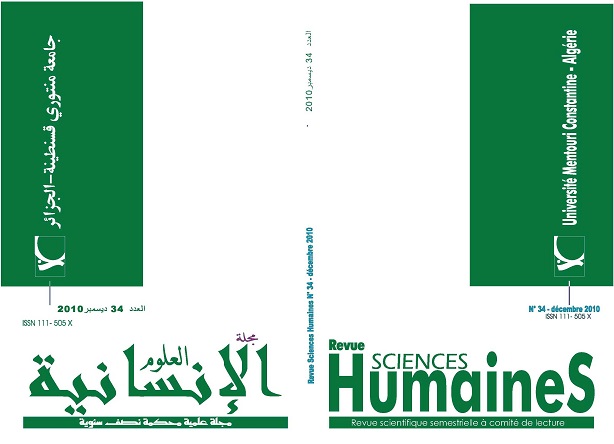The Influence of Vocabulary Knowledge on Reading Comprehension Achievements
Abstract
We can never overstate the power of words. Perhaps the greatest tools we can give students, not only in their education but more generally in life, is a large, rich vocabulary. This research reports on the importance of vocabulary to reading achievement. Providing vocabulary instruction is one of the most significant ways in which teachers can improve students’ reading comprehension. Readers cannot understand what they are reading without knowing what most of the words mean. A large vocabulary is more specifically reflective of high levels of reading achievement.
Downloads
References
- Bogaards, P. and B. Laufer (2004) Vocabulary in a Second Language. Bogaards & Laufer (eds), John Benjamins Publishing Company, Amsterdam.
- Carver, R. (1998), Vocabulary: Applied Linguistic Perspectives. Routledge. London and New York.
- Courtillon J.(1989) Lexique et Apprentissage de la Langue. In A. H. Ibrahim (ed.) pp.146 / 153.
- Coady, J. (1979), “A Psycholinguistic Model of the E.S.L. Reader”, in Reading in a Second Language, edited by R. Mackay, B. Barkman, and R. Jordon, Newbury House, Rowley, Mass. , U.S.A.
- Ediger, M. (1999) “Reading and Vocabulary Development.” Journal of Instructional Psychology, 26(1).
- Goodman, K.S., (1973), “Psycholinguistic Universals of the Reading Process”. In Psycholinguistics and Reading, edited by F. Smith, Holt, Rinehart, and Winston, New York.
- Grellet, F. (1981), Developing Reading Skills: A Practical Guide to Reading Comprehension Exercises. C.U.P., Cambridge.
- Krashen, S. (1989), “We acquire vocabulary and spelling by reading: additional evidence for the input hypothesis.” Modern Language Journal, 73(4), 440-464.
- Laflamme, J. G. (1997), “The Effect of Multiple Exposure Vocabulary method and the target reading/writing strategy on test scores.” Journal of Adolescent and Adult Literacy, 40(5), P.372, 10p.
- Laufer, B. (1997). “The lexical plight in second language reading: words you don't know, words you think you know, and words you can't guess”. In Huckin, T. (eds.), Second Language Vocabulary Acquisition. Cambridge: Cambridge University Press, 20-34.
- Mc Donough, J. (1984), E.S.P. in Perspective : A Practical Guide. Collins ELT, London and Glasgow.
- Nation I.S.P. (1990), Teaching and Learning Vocabulary. Newbury House, New York.
- Nuttal, C. (1982), Teaching Reading Skills in a Foreign Language. London. Heinemann.
- Rupley, W. H., Logan, J.W., and Nickols, W.D. (1999), “Vocabulary Instruction in a Balanced Reading Program.” Reading Teacher, 52 (4), p. 336, 11p. University Press.
- Widdowson, H.G. (1978) Teaching Language as Communication. Oxford: Oxford University Press.
- Widdowson, H.G. (1979) Explorations in Applied Linguistics. Oxford: Oxford University Press.












